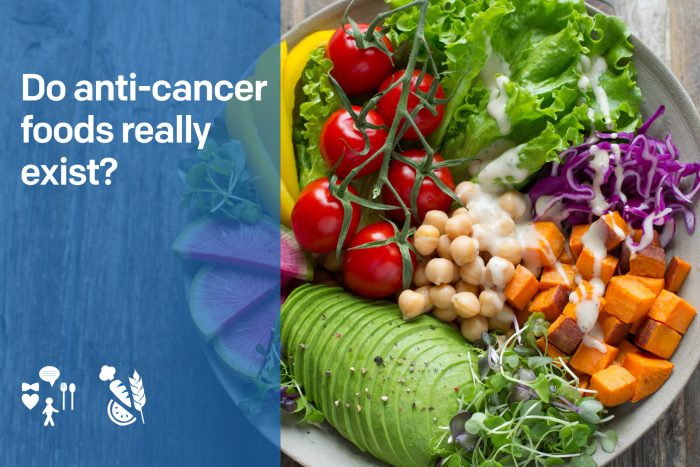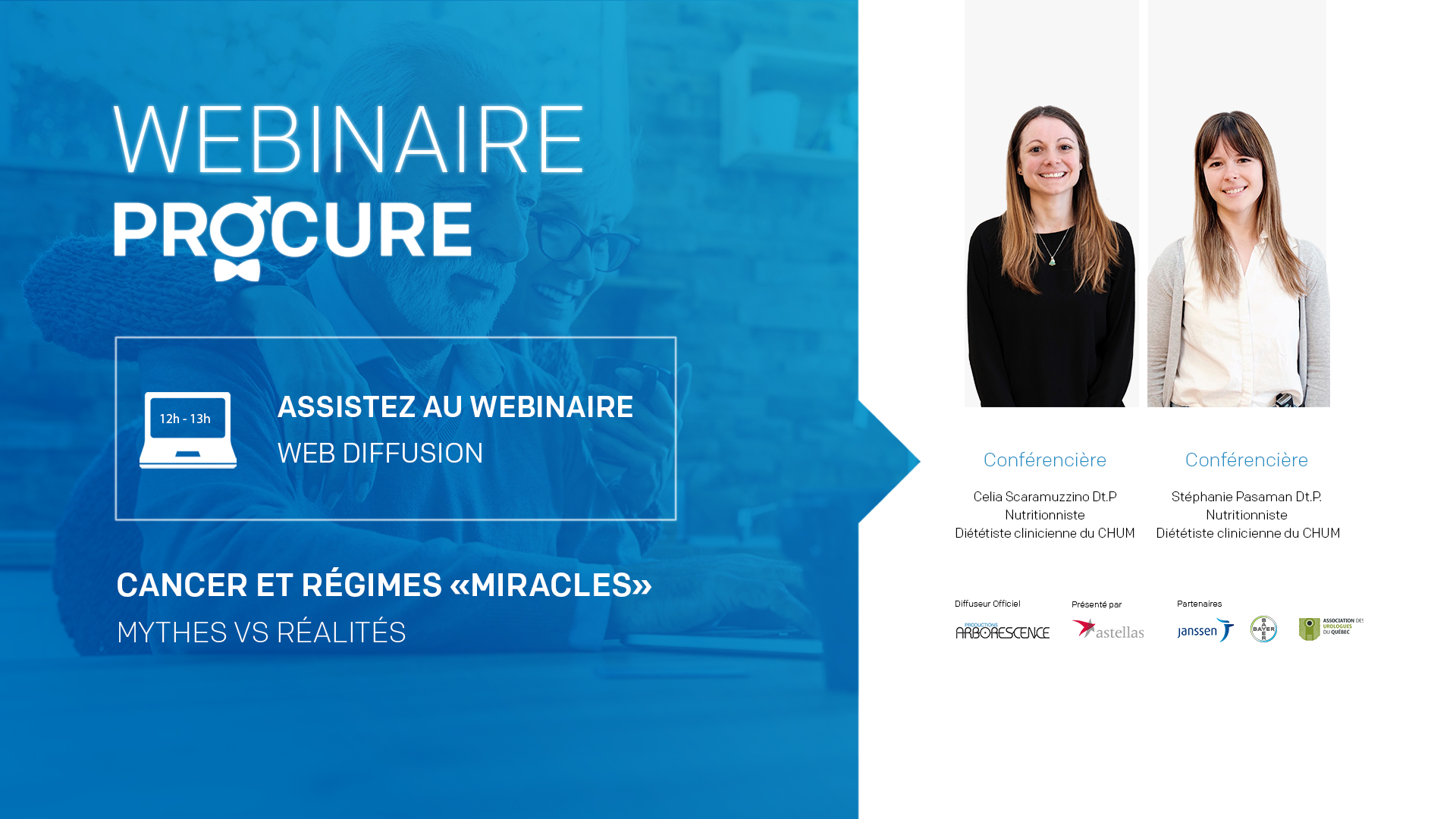Thanks to scientific research, we now know more and more about the relationship between diet and cancer. Some studies show, for example, a link between diet, weight, and the risk of various cancers, including prostate cancer. But these links are complex and a large number of hypotheses remain to be confirmed. But the fact is that we often ask ourselves the question does anti-cancer foods really exist?
Myth versus reality
Food is only one factor among many
If it is logical to think that the carcinogenic substances present in foods are responsible for the appearance of cancers, this is only partly true. Substances that exert a protective effect or are able to neutralize the carcinogenic elements also play a role. What’s more, cancer is the result of various cell-level changes, some related to our lifestyle, others depending on genetic predisposition or family history. In other words, diet is only one of the determining factors in the appearance of cancer.
Can some foods reduce your risk of prostate cancer?
No food alone contains all the anti-cancer properties that can affect all the processes involved in tumor development. This fact underscores the importance of integrating a wide variety of foods into our diet. In fact, diet is one of the risk factors most often thought of in prostate cancer.
Good or bad eating habits
There is now enough scientific evidence to suggest that maintaining a healthy weight, eating 7 to 9 servings of fruits and vegetables a day, and eating whole products can help reduce the risk of developing prostate cancer or the risks of a more aggressive cancer at diagnosis or a recurrence. These tips are also beneficial for many other chronic diseases.
On the other hand, some foods or drinks will never be friends of your weight or your health. Therefore, the less alcohol, sweet drinks, chips and sweets, sauces, fries, cold cuts, red meat, etc., the best for your health. In any case, not more than once a week.
Of course, pleasure is also an important part of your health and it must remain so! So, take the time to carefully choose and plan your healthy diet. Also, take the time to enjoy your food and savoring every bite.
Take the time to visit each of our pages on this website, as well as our YouTube channel, in order to get familiar with the disease with our expert lectures, our section on available resources, the support that is offered to you.
Do you have any questions or concerns? Above all, do not hesitate. Contact us at 1 855 899-2873 to discuss with a nurse specializing in uro-oncology. It’s simple and free, like all our services.
Conference that might interest you (French only)
Pages of our site that might interest you
Want to know more? Just click on the link below.
Foods and diet for men
PROCURE news that may interest you
Each week, we publish a blog article. Here are a few for you.
Meat, cooking and BBQ: what you need to know
What is an anti-inflammatory diet?
5 tips to change a habit
5 Tips for Slimmer, Healthier, and Tastier Meals
Sources and references
SourceWorld Cancer Research Fund International/American Institute for Cancer Research -Continuous Update Project Report: Diet, Nutrition, Physical Activity, and Prostate Cancer. 2014. Available at: www.wcrf.org/sites/default/files/Prostate-Cancer-2014-Report.pdf
Written by PROCURE. © All rights reserved – 2020




